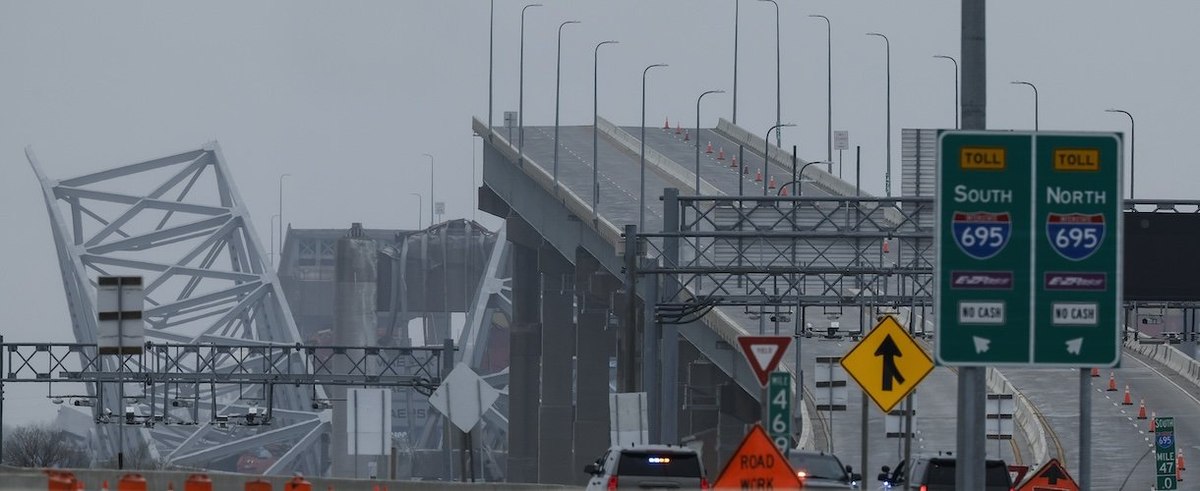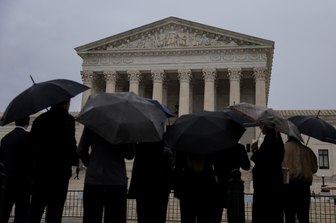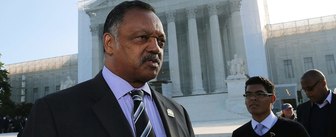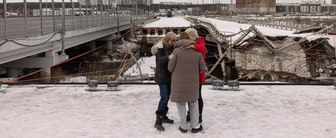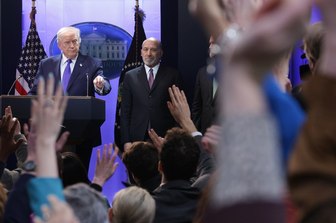Many Americans are uneasy about the country's transportation infrastructure in the wake of a major bridge collapse in Baltimore, though Americans are divided over whether the U.S. should increase infrastructure spending, and few say they're afraid of bridges and tunnels.
Overall, 37% of Americans say America's infrastructure is either "bad" or "terrible" in quality, while 19% say it's either "good" or "great." Another 37% rate America's infrastructure as "OK."
Americans are less worried about infrastructure in their own communities, where 25% say it's bad or terrible and 33% say it's good or great.
Residents of suburban areas are the least likely to see problems with their community's infrastructure, with 20% saying their local infrastructure is bad or terrible. That compares to 27% of city dwellers and 30% of people who live in towns or rural areas.
Rural dwellers are most likely to see major problems with America's infrastructure. 43% of people who live in towns or rural areas say the country's infrastructure is bad or terrible, compared to 37% of suburbanites and 32% of city dwellers.
There are only small differences between how Democrats and Republicans rate local or national infrastructure. Independents are more likely to rate America's infrastructure poorly.
Increased infrastructure spending is somewhat popular, with 47% saying the U.S. should increase federal spending for roads, bridges, mass transit, and other infrastructure, 26% saying this spending should be kept the same, and 5% saying it should decrease.
Democrats are more likely to support increased federal infrastructure spending than Independents or Republicans are.
Almost all Americans (92%) have heard at least a little about the Baltimore bridge collapse. Despite widespread coverage of this disaster, only 9% of Americans say they're afraid of crossing major bridges and overpasses. That's the same as the 9% who say they're afraid of traveling through tunnels, and less than the 20% who said they were afraid of flying in an Economist/YouGov poll conducted two weeks ago.
Women are more likely than men to say they feel fear or unease about traveling on bridges and through tunnels. (This could mean more women feel fear, or that women are more willing to admit fear, or both.)
— Carl Bialik contributed to this article
See the toplines and crosstabs from the Economist/YouGov poll conducted on March 30 - April 2, 2024 among 1,813 U.S. adult citizens.
Methodology: Respondents were selected from YouGov’s opt-in panel using sample matching. A random sample (stratified by gender, age, race, education, geographic region, and voter registration) was selected from the 2019 American Community Survey. The sample was weighted according to gender, age, race, education, 2020 election turnout and presidential vote, baseline party identification, and current voter registration status. Demographic weighting targets come from the 2019 American Community Survey. Baseline party identification is the respondent’s most recent answer given prior to November 1, 2022, and is weighted to the estimated distribution at that time (33% Democratic, 31% Republican). The margin of error for the overall sample is approximately 3%.
Image: Getty (Anna Moneymaker)
